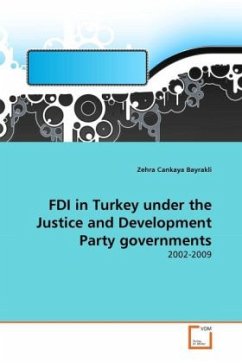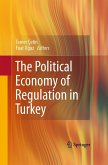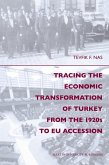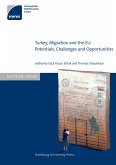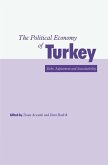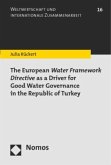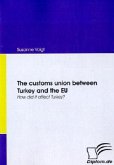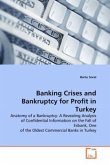In the last two decades Foreign Direct Investment (FDI) has been one of the most common forms of international capital flow to developing countries. FDI offers various advantages to host countries as well as to home countries. Foreign direct investment is important for developing countries as they obtain many benefits from multinational entrepreneurs such as productivity and market-access spillovers, transfer of new technology and know-how. As a result of these benefits host countries' governments try to improve the investment conditions in their country and attract more foreign investment. Turkey, as a developing country, has been following an FDI friendly policy since 1980. With this policy the Turkish economy has been transformed from a closed economy to an open-liberal market in order to integrate with the global economy. The aim of this study is to discuss the reasons of increase in foreign direct investment in Turkey under the Justice and Development Party governments (2002- 2009) compared to previous years.

